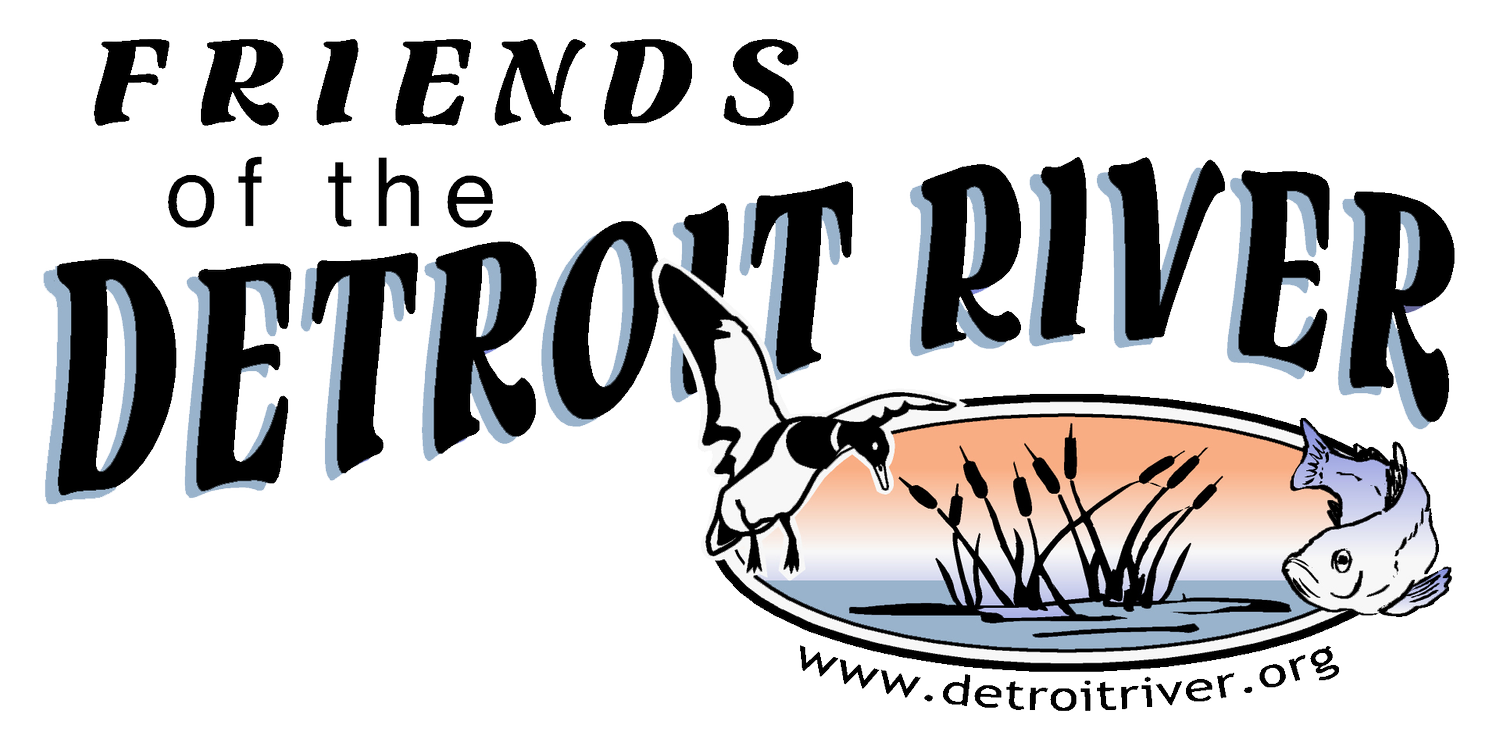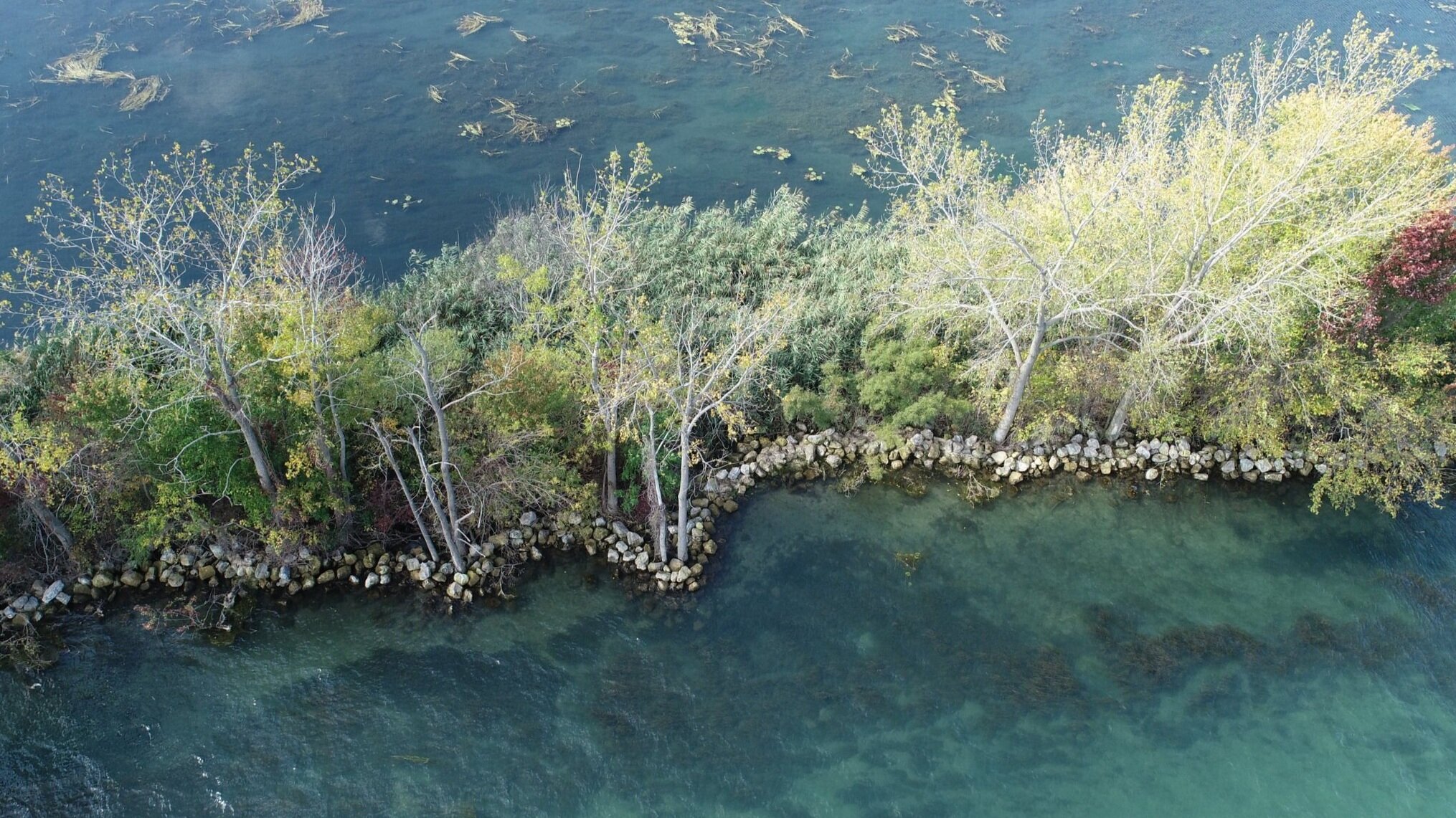
Restoring and Rehabilitating the Detroit River
The Detroit River is a critical natural resource for millions of residents of southeast Michigan and southwest Ontario.
Our Mission
To protect, defend, and improve the Detroit River through community-based stewardship and restoration, now and for future generations.
Our Vision
Friends of the Detroit River envisions clean water for people, fish, and wildlife in a community where residents and government intentionally and effectively protect the Detroit River and its surrounding lands and waters.
Our efforts will include the creation of a highly visible resource center focusing on Detroit River issues, programs, research, policies and partnerships.
Our Values
Collaboration & Community Effort
Our work isn’t possible without partnerships and community input. By sharing resources and collaborating with the community, we are able to maximize our impact. In partnership with other organizations, we leverage our collective vision and knowledge to best serve the river, the people, and the fish and wildlife. Community members are a key aspect of our success; their input and volunteerism is what guides our priorities.
Trust
We value building trust within our community and recognize that trust must be built over time- through demonstrated partnership, integrity, science-driven decision making, fiscal responsibility, and community collaboration. It is our obligation to maintain the trust we have gained, as well as build new relationships in those areas of our watershed that have historically been overburdened.
Environmental Stewardship
FDR was founded by community members to address environmental impacts to the river’s water quality and loss of fish and wildlife habitat, and we continue to keep this history at the core of our work. Our projects are designed to increase the health and quality of life of the surrounding areas, and to model to the community the benefits of restoration. We incorporate education into everything we do to ensure members of the public feel connected to our work, develop a sense of ownership over restoration, and build a deeper connection to the river.
Access to a Healthy River
We believe everyone should have equitable access to a healthy river. To us, access means safe and physically accessible ways to reach the river, and an ability to recreate on the river in free and/or affordable ways.
Environmental Justice
An improved Detroit River can and should benefit all communities. Historically, lower income communities and communities of color have been disproportionately overburdened by industrialization and pollution, decreasing quality of life. Collectively, we must engage diverse communities to inform the work of watershed restoration. We strive to integrate environmental justice in our work and know we cannot accomplish it without a dedication to all our values.
The Detroit Riverkeeper
The Detroit Riverkeeper is a nonprofit citizen action group organized to protect, preserve and restore the ecological integrity of the Detroit River Watershed for current users and future generations through advocacy and citizen action. The Riverkeeper uses education, communication, partnership building, monitoring and research to accomplish its commitment as a protector of the Detroit River Watershed and to build a stronger sense of community stewardship for its waters through these efforts.
Our Supporters
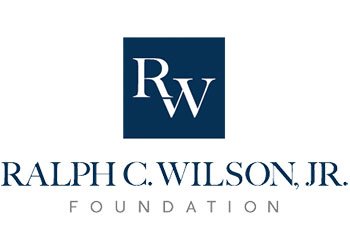


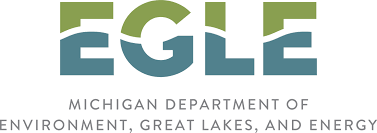
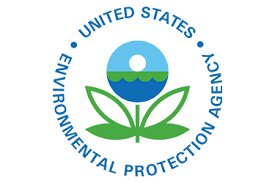

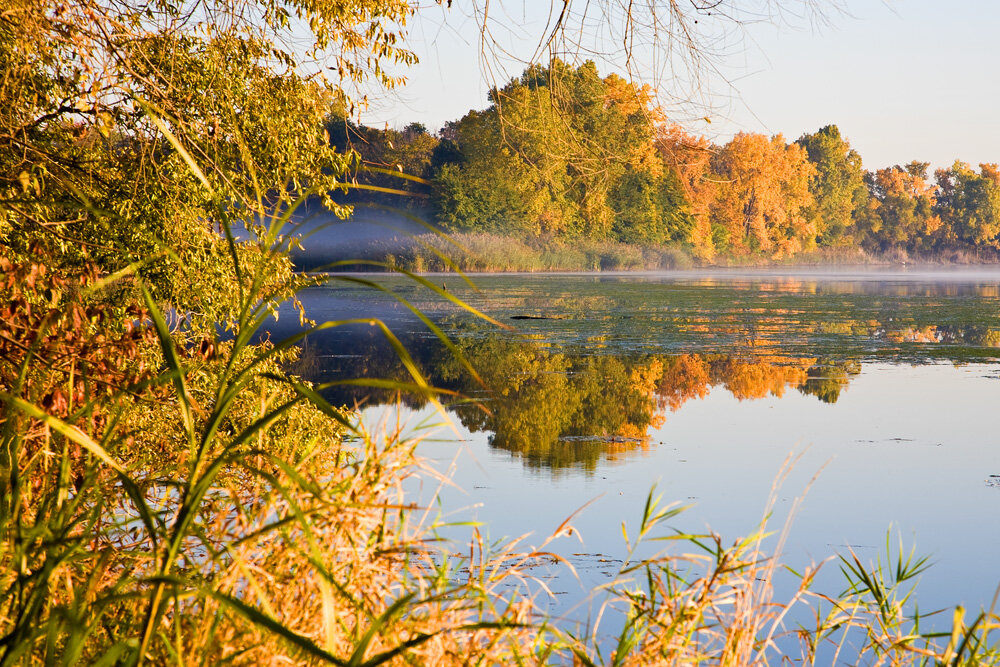
“Conservation is a cause that has no end. There is no point at which we can say, our work is finished.”
— Rachel Carson
